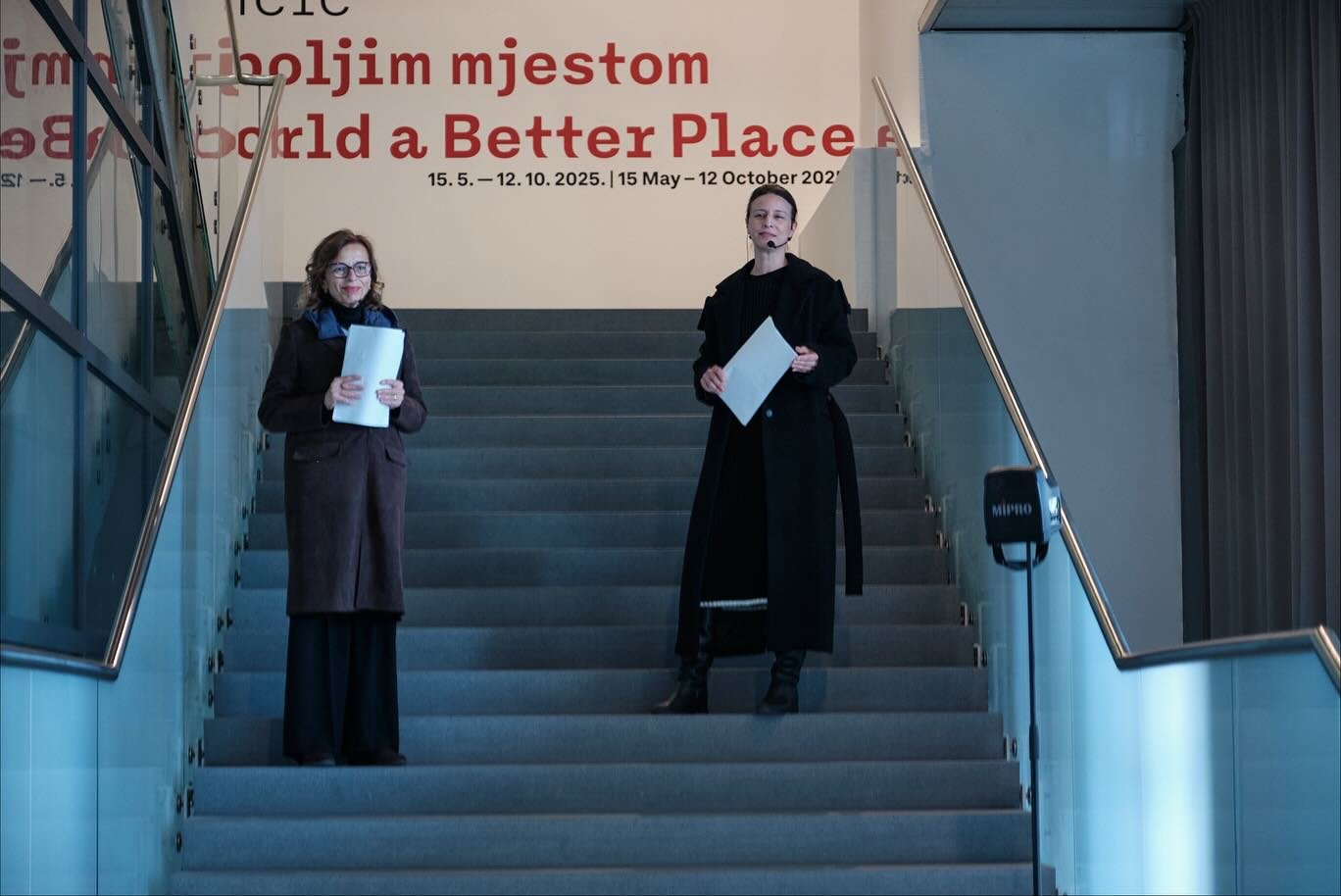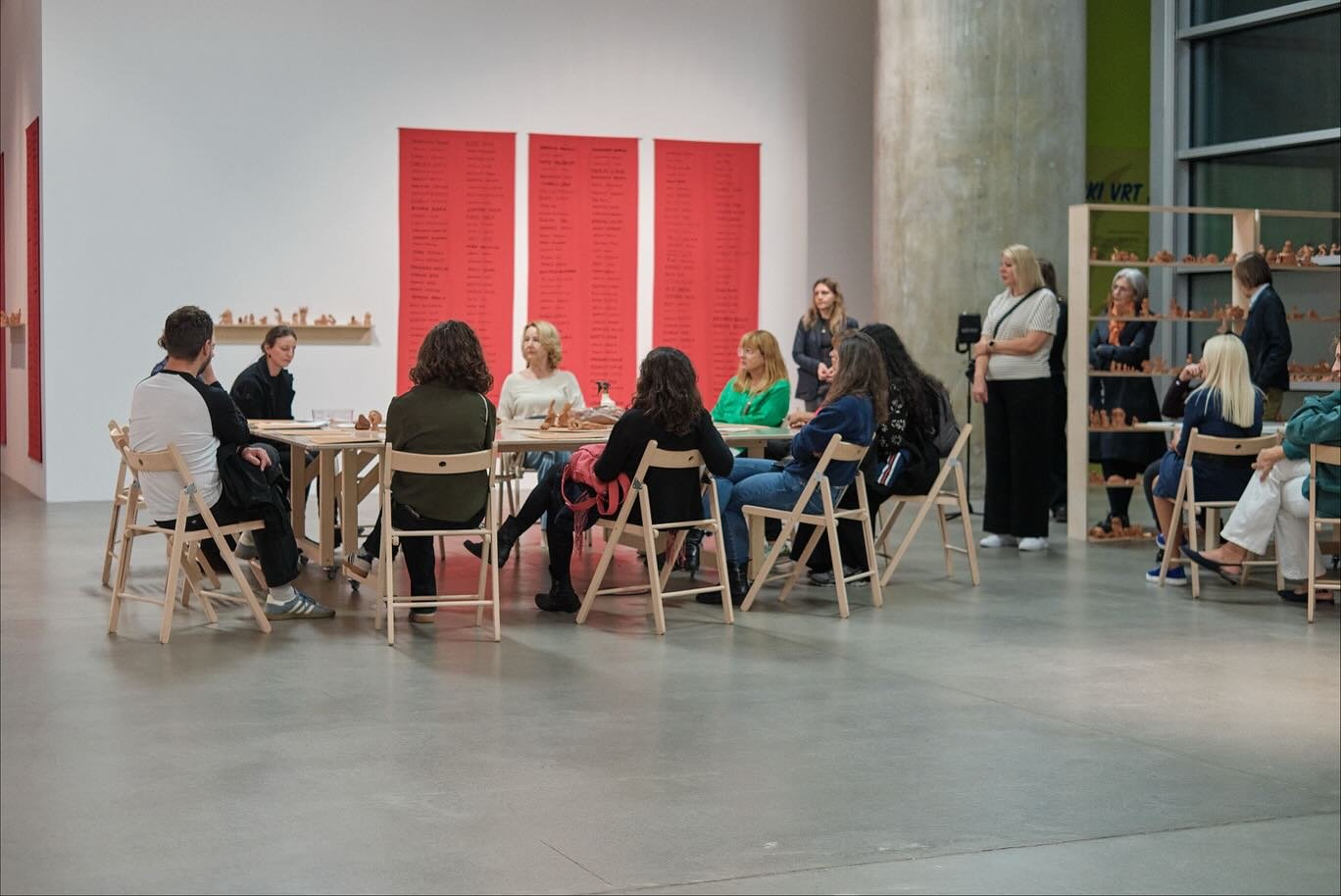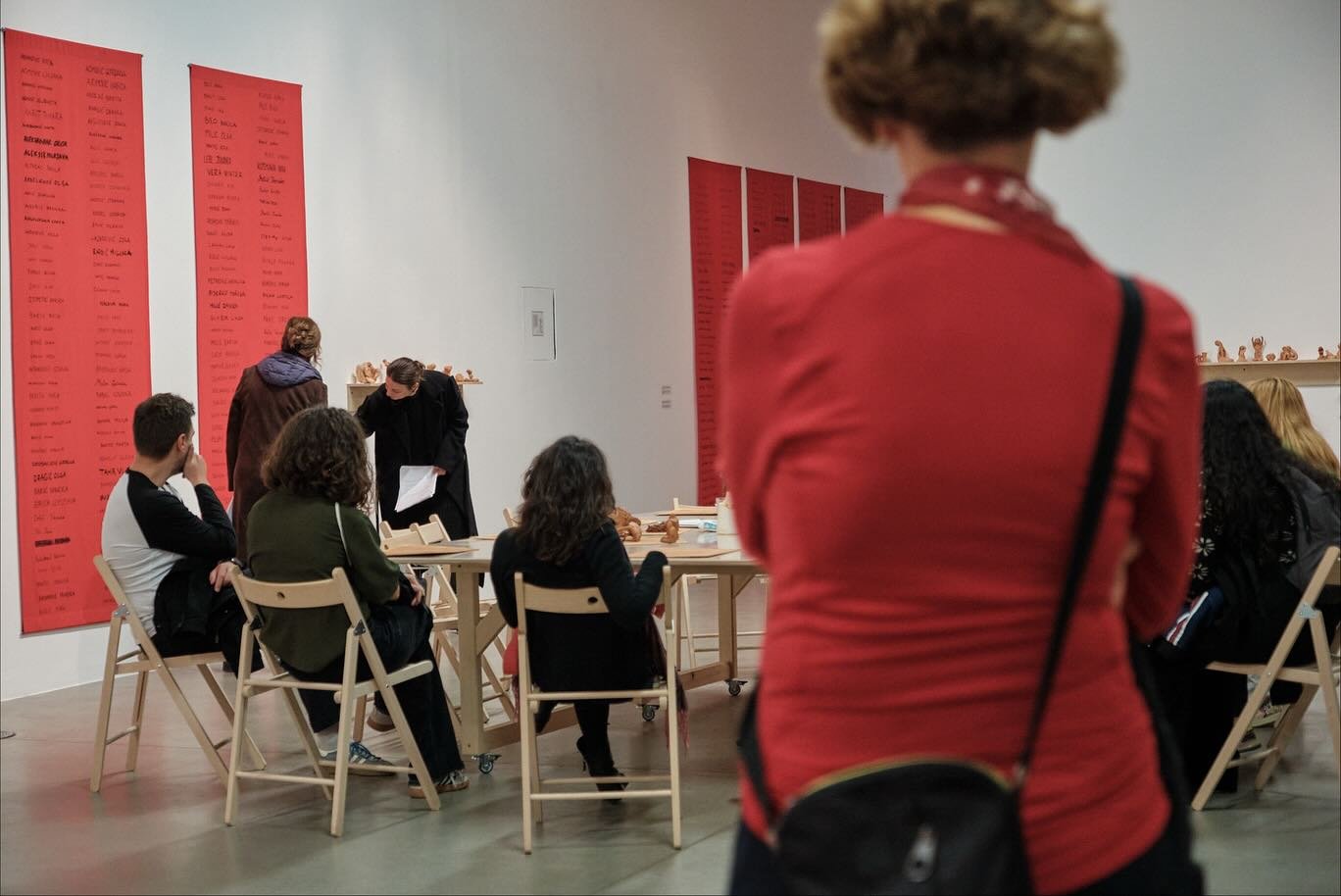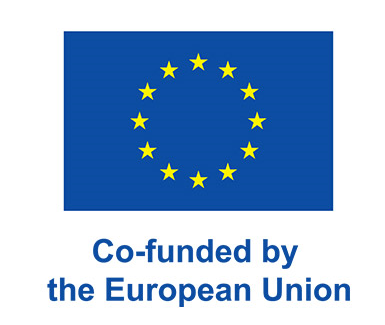Closing of the Exhibition “Making the World a Better Place” by Andreja Kulunčić
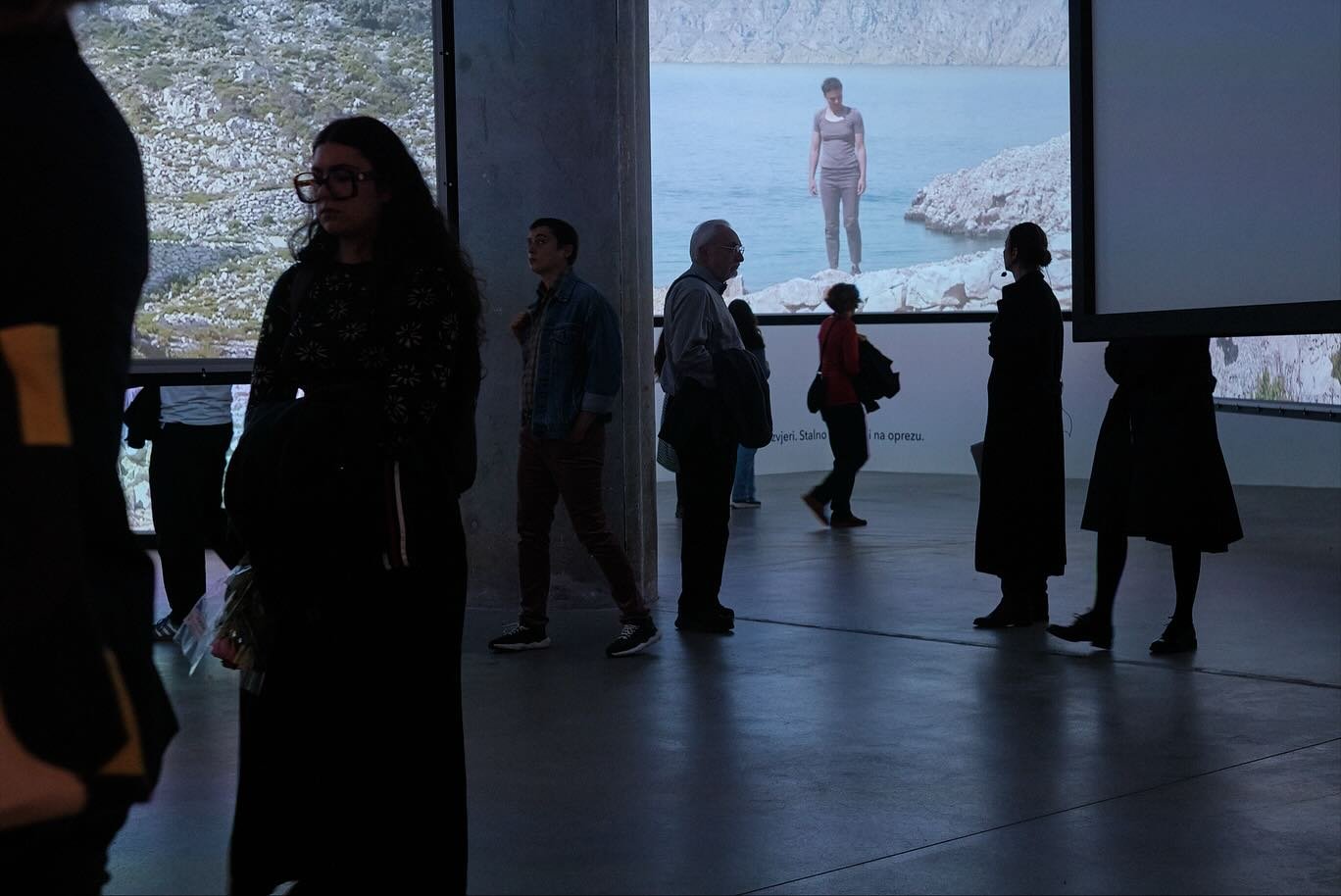
The exhibition “Making the World a Better Place” by artist Andreja Kulunčić ended on October 11 and 12 at the Museum of Contemporary Art in Zagreb (MSU).
The closing weekend featured the theatre performance “The Meeting of the Social Self”, performed by Jadranka Đokić and Alma Prica. The performance offered a thoughtful ending to a project that, over five months, included more than sixty events such as workshops, concerts, lectures, and discussions.
Documenta - Centre for Dealing with the Past took part in the exhibition as a partner through the international project (In)Visible Traces. Artistic Memories of the Cold War), within the exhibition segment “Trauma”, presenting the work “You Betrayed the Party Just When You Should Have Helped It.” During the exhibition, a rich discursive program accompanied the segment “Trauma.” Over the course of five months, 20 discursive events introduced participants to the themes explored within the exhibition section “You Betrayed the Party Just When You Should Have Helped It.”
- Action 850 Women for 850 Women - 13 sessions
May 20 and 27;
June 3, 10 and 24;
July 1, 8 and 15;
September 9, 16, 23 and 30;
October 7 - Workshop - ''Surviving Traumatic Experiences'', May 27
- Lecture - ''The Historical Context of Goli Otok...'', June 10
- Discussion – ''Political Prisoners and Memory Activism'', September 9
- Reading Cycle (3) -
''Dangerous Borders'', September 16;
''Paradoxes of Testimony'', September 30;
''With Kristeva on Abjection'', October 7 - Closin event - Theatre Performance ''The Meeting of the Social Self'' (October 11 and 12; text by Vedrana Klepica, performed by Alma Prica and Jadranka Đokić). A theatre piece that offered an in-depth exploration of all segments of the exhibition and the social and artistic background of its creation.
We extend our sincere gratitude to Andreja Kulunčić, the MSU Zagreb team, and all participants and visitors who contributed to and supported this important, relevant and socially engaged exhibition.
Documenta – Centre for Dealing with the Past remains committed to fostering dialogue between art, history, and collective memory — creating spaces for reflection on the complexities of the past and their resonances in the present.
_________
About segment “Trauma” and exhibition section “You Betrayed the Party Just When You Should Have Helped It.”
The phaenomenon of trauma represents the fundamental crisis of representational models that perceive a reference in the sense of direct, unambiguous connection between events and comprehension. The repetition of traumatic experiences through memories and narratives forms the manner in which society understands the past (Ulrich Baer, 2002). Andreja Kulunčić’a artistic process and work relies on the questioning of personal and collective positions of a woman within existing narratives, whereby she refers to trauma – both personal and collective. Within the category of expression, the attitude towards trauma is based on taking and sharing, intimacy and compassion, i.e., matrixial subjectivity.
Bracha L. Ettinger (1995) introduces the concept of the matrix as a women’s subjective dimension in psychoanalysis, i.e., the matrixial space that is not a site of domination, identification or possession, but rather of gathering, collectiveness, compassion, and diversity.
In the matrixial sphere, the space of collectiveness and emotional collection, the aesthetic effects testify of the traces intertwined between artists, spectators and the world, whereby the artists take the trauma and incorporate it in an artwork. Such practice includes not only personal experiences, but also the collective, unconscious traces of pain. From this perspective, an artist becomes an intermediary in facing trauma, using art as the space for an encounter with the Other.
With the strategy of designation, with which she turns the collective trauma into an aesthetic imprint, Andreja Kulunčić warns of the society that is patriarchal towards women’s trauma, and which suppressed with the method of oblivion and denial the suffering of women in the public discourse on totalitarian violence.
_________
A exhibition segment, “You Betrayed the Party Just When You Should Have Helped It”, was realized in collaboration with Documenta - Centre for Dealing with the Past as part of the international project (In)Visible Traces. Artistic Memories of the Cold War, supported by the European Union’s Creative Europe program.
